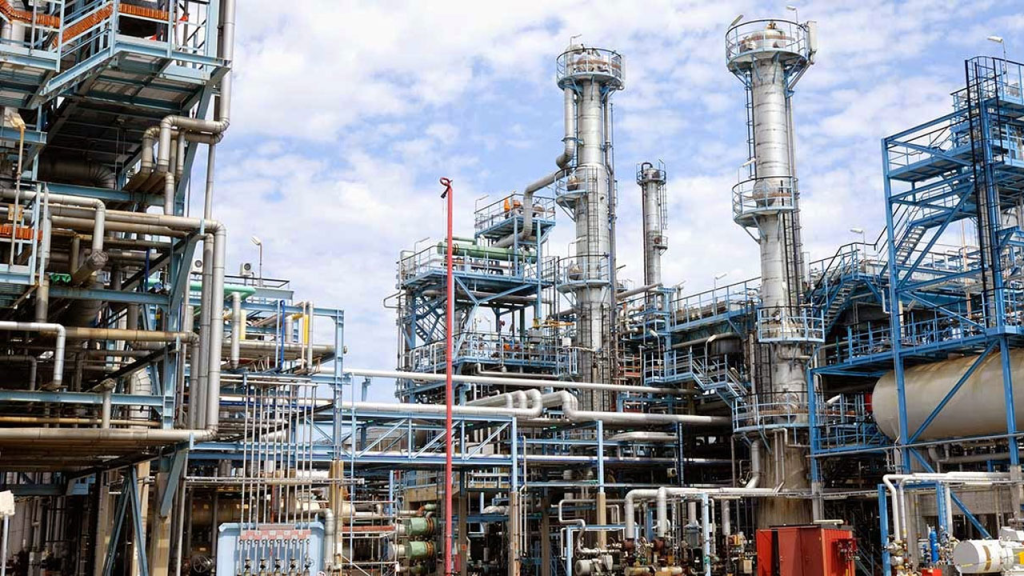The Warri Refining and Petrochemicals Company (WRPC), located in Delta State, has restarted production, with its current capacity pegged at 125,000 barrels per day.
This development was announced by Mele Kyari, the Group Chief Executive Officer of the Nigerian National Petroleum Company Limited (NNPCL), during a facility tour on Monday.
Kyari emphasized the significance of this achievement while addressing stakeholders at the plant.
“This facility is operational, though not yet at full capacity. Many doubt such progress is possible in Nigeria, but we want to prove otherwise,” he stated.
Accompanying Kyari on the tour were Farouk Ahmed, CEO of the Nigerian Midstream and Downstream Petroleum Regulatory Authority (NMDPRA), and other key industry players.
The announcement follows reports of ongoing issues at other refineries in Nigeria.
For instance, the Port Harcourt Refinery has faced scrutiny, with only its Crude Distillation Unit (CDU) operational.
This unit, while essential for separating crude oil into various components, cannot produce high-value products like gasoline or jet fuel without functioning Conversion Units, such as catalytic crackers or hydrocrackers.
Insiders revealed that the lack of operational Conversion Units limits the refinery’s efficiency, with heavier crude fractions being sold instead of converted into valuable lighter products.
Critics, including human rights lawyer Femi Falana, SAN, have questioned the allocation of $2.9 billion intended for revitalizing Nigeria’s refineries.
Falana also criticized the underutilization of the Port Harcourt refinery, which processes only 60,000 barrels daily despite a 150,000-barrel capacity.
Refinery insiders argue that true optimization requires addressing non-functional Conversion Units.
“What’s happening now is essentially no different from pre-2019 operations, despite the fanfare,” an unnamed source stated, underscoring the need for government focus on core refinery functions.
The reopening of the Warri Refinery marks a step forward, but broader issues across the sector remain unresolved, raising questions about Nigeria’s long-term energy strategies.


